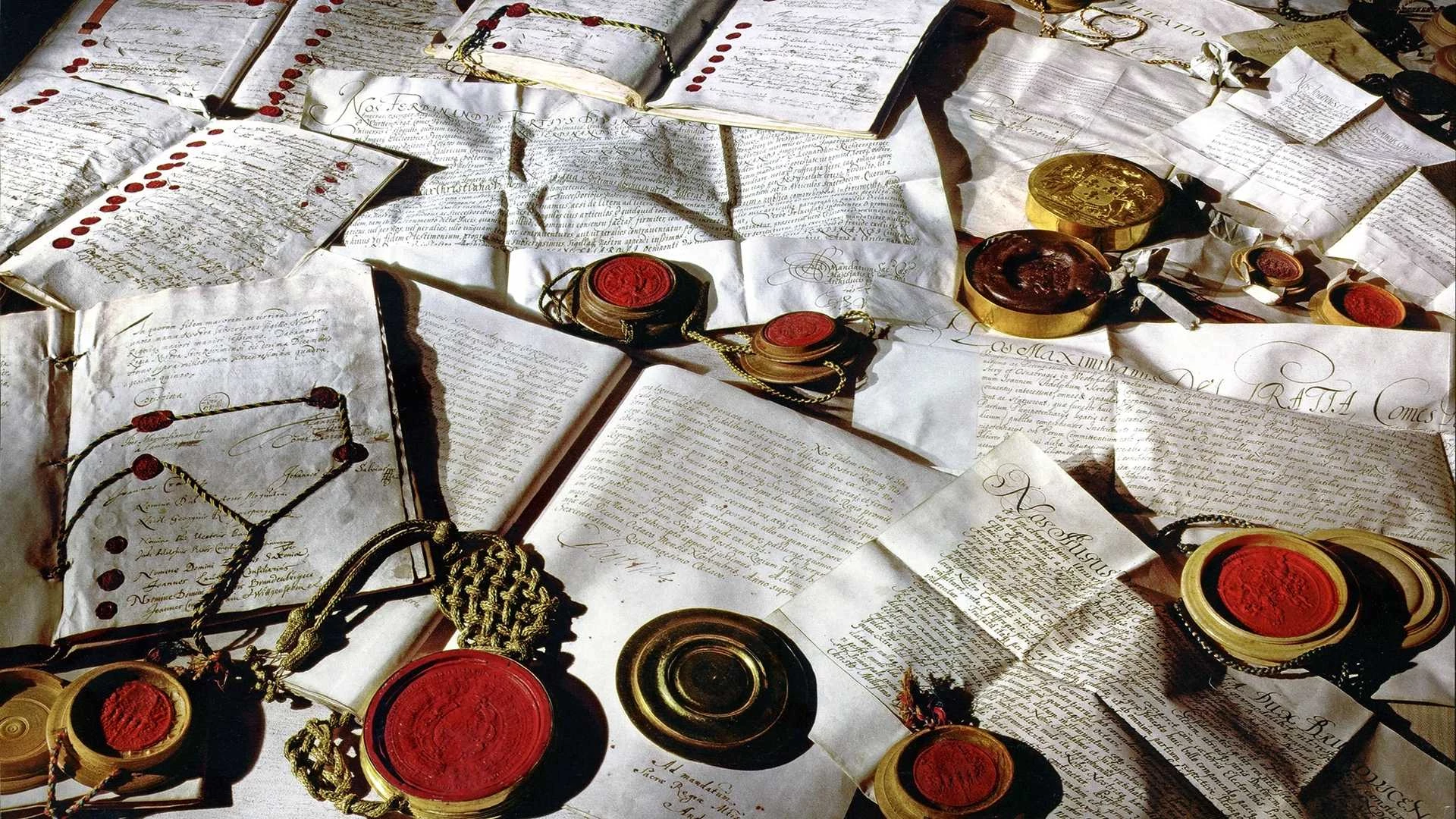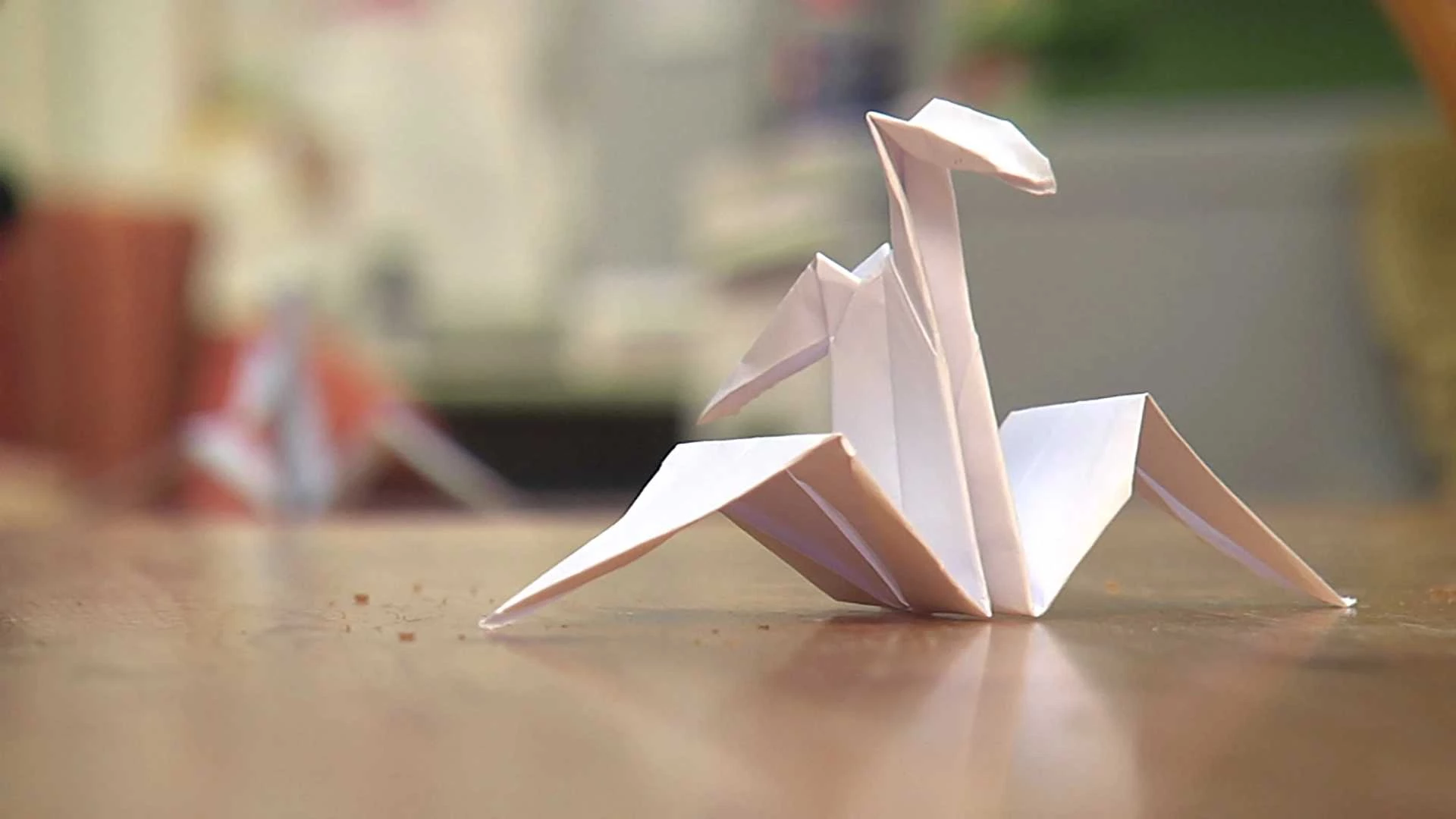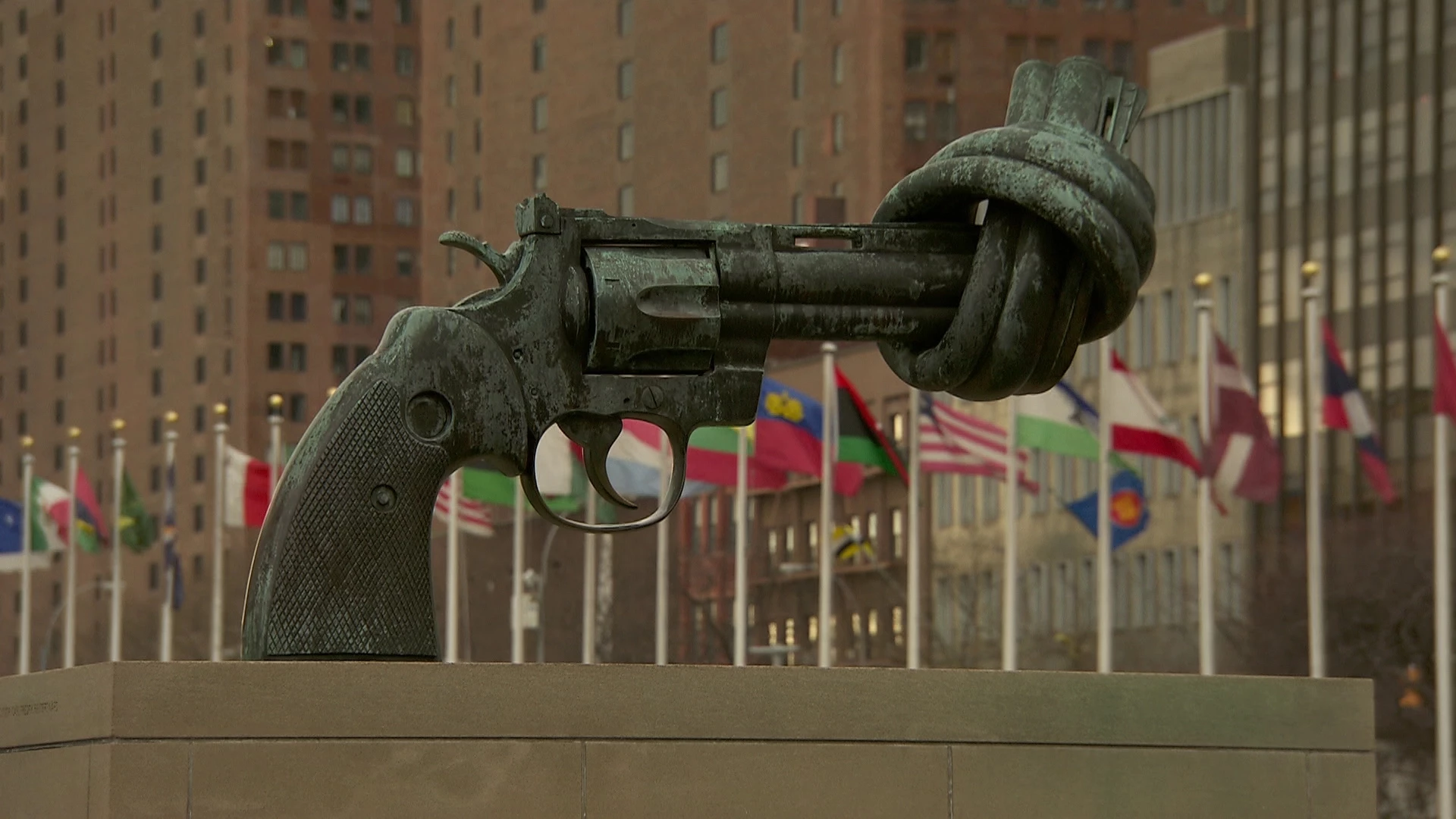Längsschnitt: Frieden
The Peace Movement
The Vietnam War is a military and moral disaster for the USA. Despite the use of napalm bombs and chemical weapons, the US army is unable to win. Moreover, newspapers and television carry reports of massacres and war atrocities against the civilian population. From the mid-1960s onwards, hundreds of thousands of protestors around the world mobilise for an end to the brutal war, among them mainly students. The movement is particularly active in the USA. Peace activists march together with civil rights groups, as many black Americans, too, are fighting overseas, being senselessly used as cannon-fodder. The 1967 "March on Washington" with 200,000 participants is one of the climaxes of the anti-war and civil rights movement. | In this film version, German interviews and historical or literary quotes remain untranslated.
mehr
weniger
First World War, World War One, World War I, material battles, cannon fodder, No more war, face of war, effects of the war, soldiers, civilians, militarism, National Socialists, enemies of the regime, Second World War, World War Two, World War II, atomic bomb, crane, West Germany, Federal Republic, FRG, Bundeswehr, western military alliance, NATO, East Germany, GDR, Nationale Volksarmee, nuclear arms race, Cold War, nuclear armament, Fight against nuclear death, protest, student movement, USA, resistance, peace activists, civil rights campaigners, Jane Fonda, March on Washington, war, racial segregation, Martin Luther King, civil rights and peace movement, Soviet Union, arms race, balance of terror, Conference for Security and Cooperation in Europe, CSCE, Helsinki Final Act, dialogue, Eastern Bloc, human rights, peace and civil rights movement, nuclear-free zone, demonstrations, Pershing Missiles, Cruise Missiles, Mutlangen, Berlin, Anti-War Museum
Geeignet für die Fächer:
Geschichte


